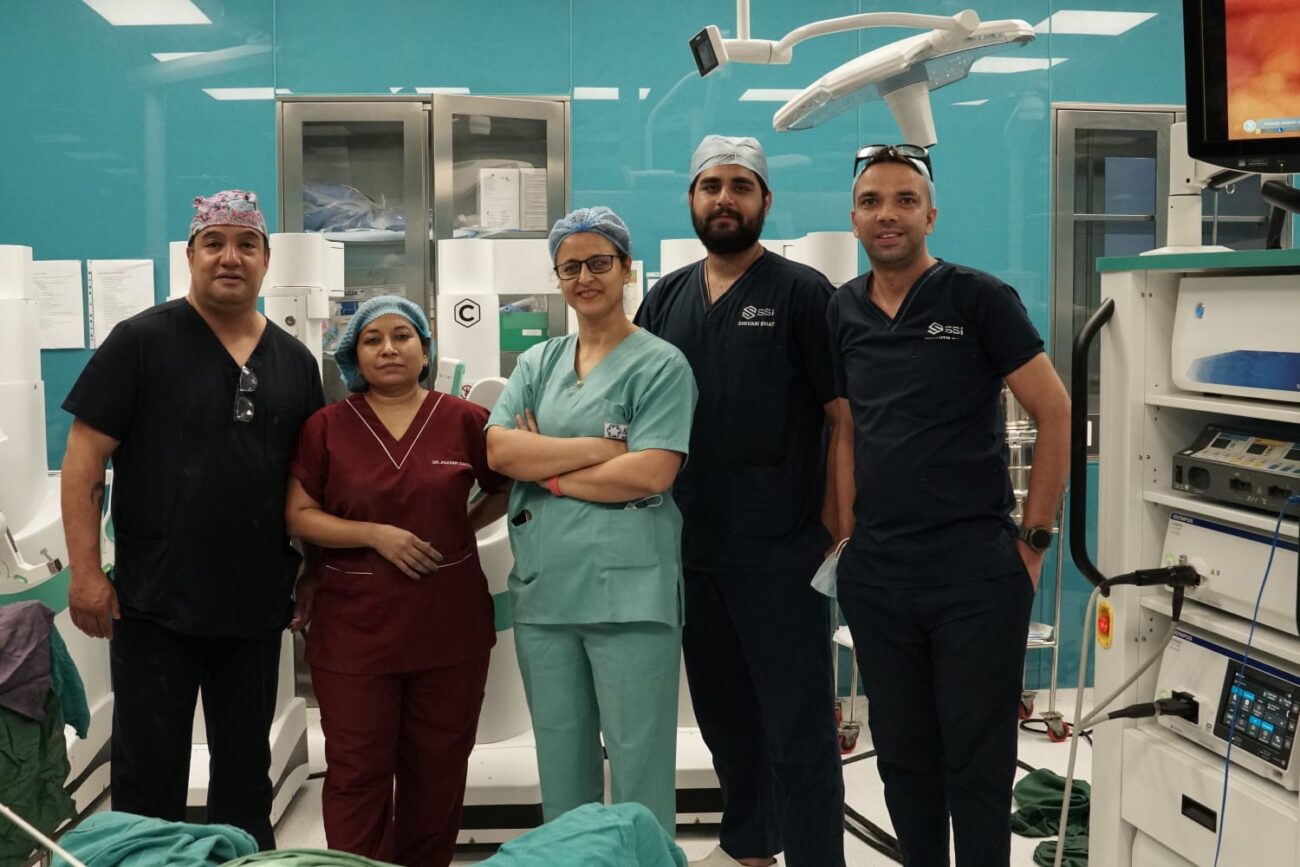Constipation: A Less Talked About Complication in Diabetes
Diabetes Awareness for Diabetes Capital We have more diabetes patients than any other country in the world; around half of the world’s diabetes population is in India. Diabetes is also the fastest growing disease in India
Diabetes Awareness for Diabetes Capital
We have more diabetes patients than any other country in the world; around half of the world’s diabetes population is in India. Diabetes is also the fastest growing disease in India and has increased by more than 50% in the last 25 years. We will also see the greatest increase in diabetes diagnosis by 2030. Moreover, Indians, on average, get diabetes a decade earlier than the western countries. And thus, irrefutably, India is touted as the diabetes capital of the world.
Constipation in Diabetes: THB Analysis
Constipation is one of the most common, but a less talked about complication in diabetes. Poorly controlled diabetes can affect the nerves controlling the digestive tract, which can lead to diarrhea, chronic constipation and fecal incontinence. Among these, chronic constipation is the most frequently reported.
THB India is a leading clinical intelligence company in India that aims to enable innovation and research for positive patient outcomes. THB analyzed its database of 35,000 diabetes patients and found the following results:
 • Nearly 1 in 10 diabetics complained about constipation.
• Nearly 1 in 10 diabetics complained about constipation.
• Only 1 in 4 patients received a prescription for constipation.
• In these patients, the mean HbA1c was 8.1 gm%, mean age was 54 years, and the average duration of diabetes was 11.4 years.
• More males (60%), as compared to females, were found to have constipation in diabetes.
• Constipation co-occurrence was more commonly seen in older uncontrolled diabetics.
Tech to Rescue
In addition to neuropathy, constipation in diabetes can result from food/lifestyle choices and medications. Technology advancements like health apps are now helping diabetes patients to not only track their daily physical activity and carbs intake but also understand the dynamics between food habits, medications, blood sugar levels and diabetes-related symptoms.
By tracking their data, diabetes patients can know which daily habits or changes in routine are working in favor of their health goals. With access to the latest disease-related information and active reminders, technologies are guiding people to make healthier lifestyle choices every day and preventing complications of chronic diseases like diabetes.



